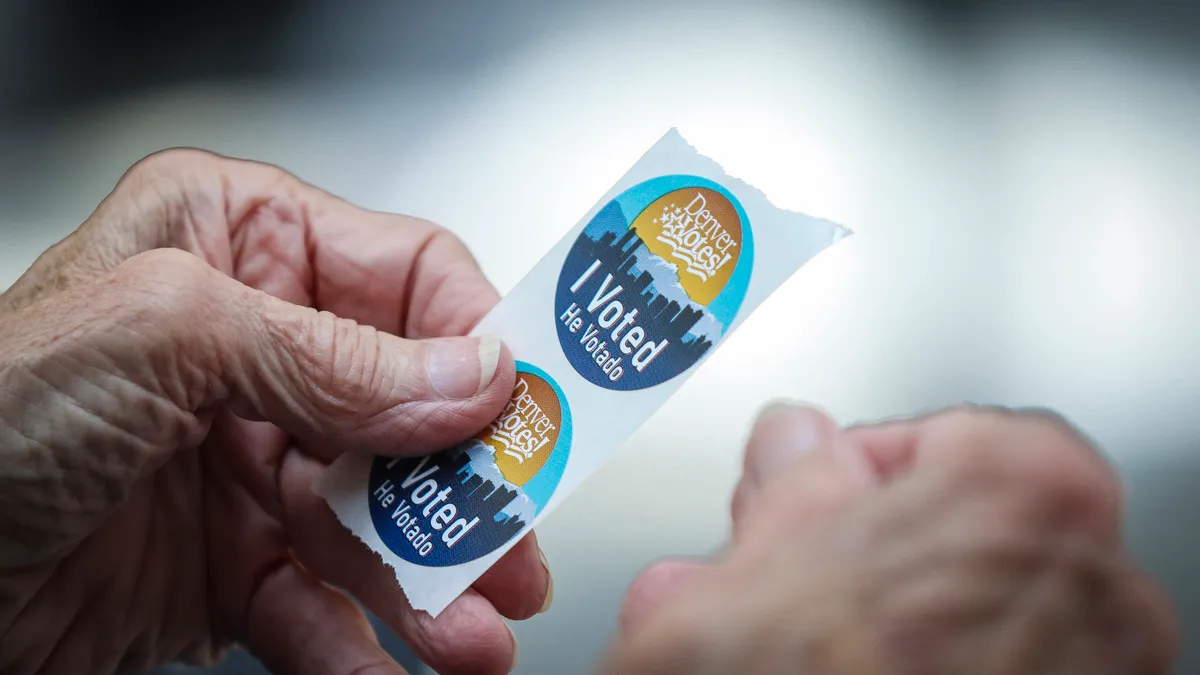Waste and recycling policy can often hinge on decisions made by officials elected at the local and state levels. In some communities, questions are going directly to voters through ballot initiatives on Nov. 8:
- San Francisco voters in June approved a proposition to change how the city sets refuse collection rates. In the November election, they will weigh in on who’s in charge of street cleaning. Proposition B asks whether the Department of Public Works ought to resume those duties and reverse a 2020 voter decision to establish a Department of Sanitation and Streets. Eliminating the newly created department could save $6 million over the next two years, according to city controller estimates.
- In San Diego, Measure B will determine whether more than half of city residents will continue to receive city-funded trash pickup (as stipulated by a more than hundred-year-old law) or if all residents will be subject to a trash fee. Supporters say the change would level the playing field on trash fees that favor single-family homes and save the city money to put toward other uses. Opponents say that residents already pay for city services through other taxes, and the exact cost to residents is murky. Polling is mixed.
- In Denver, the “Waste No More” ballot initiative seeks to improve the city’s recycling rate by imposing new recycling and composting requirements on multifamily housing. It would also put requirements on food waste producers ranging from grocery stores to food trucks to sports venues. If approved, the policy would build on the Denver City Council’s action earlier this year to have a pay-as-you-throw system for trash, recycling and compost service, which takes effect in 2023.
- In Vermont’s Chittenden Solid Waste District, voters will consider whether the district can borrow $22 million to build a second recycling facility with more automation in the town of Williston. Its existing MRF is operated by Casella Waste Systems.
- Hamburg Township, in Livingston County, Michigan, has a ballot question asking for voters’ support to consolidate trash service under a single hauler contract to reduce costs and truck traffic. Currently residents must contract with their own waste haulers. WM and GFL reportedly have expressed interest in such a contract.
Are there other ballot measures we should watch? Let us know.















